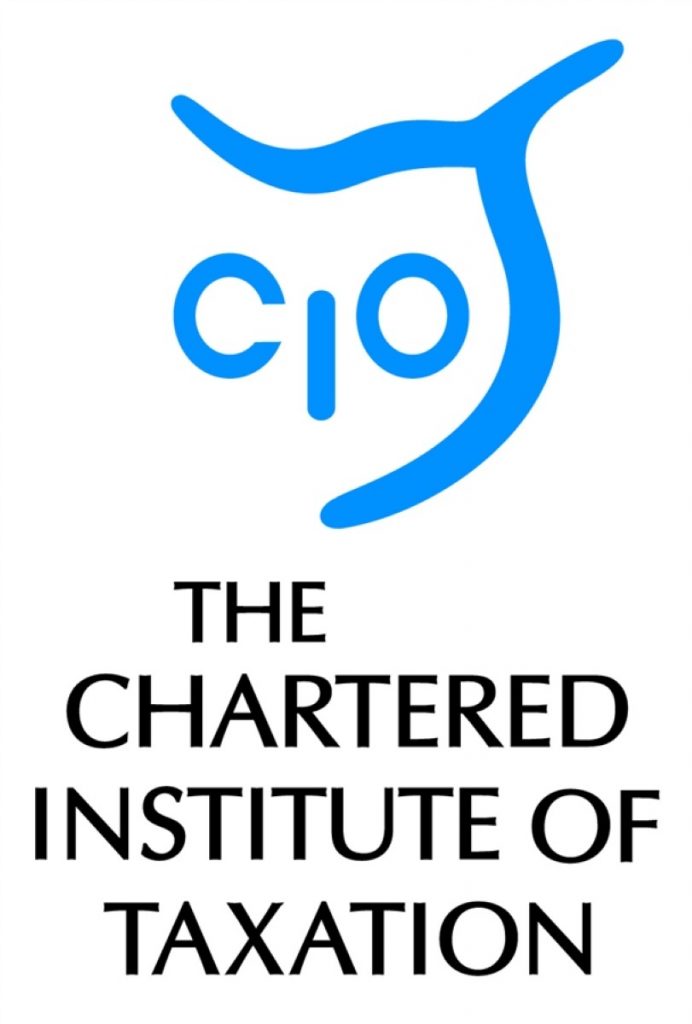CIOT: Campaigners call for urgent rethink on self-employed rules under universal credit
Campaigners for those on low incomes are calling for an urgent rethink on how small businesses and the self-employed will be dealt with under universal credit.
The views are set out in a letter to the Welfare Reform Minister, Lord Freud, from the Low Incomes Tax Reform Group (LITRG), supported by a number of tax, business and accountancy bodies and welfare rights organisations.
LITRG’s chairman, Anthony Thomas, said:
“The Government say that universal credit will ensure that work always pays. That will not be the case for many self-employed. There will be disincentives to taking up self-employed work, leaving some people unnecessarily trapped on welfare. There will also be a significant increase in bureaucracy for small business. Both of these are the opposite of what the Government want.”
The mechanics of working tax credit have so far worked well for small businesses in that they recognise the same profits and losses as for tax purposes. This means that where the tax system supports the self-employed through start-up or loss-making periods, or times when they are investing heavily to grow their business, tax credits do likewise.
Under the universal credit rules as currently proposed those advantages will be lost. Businesses will have to draw up two sets of accounts – one for HMRC, the other for DWP – and the latter will have to be done monthly, thereby massively increasing bureaucratic burdens. The basis of accounting favoured by DWP will not give full recognition to large items of expenditure in any one month, potentially heavily distorting the economic reality of how a business is doing.
Anthony Thomas observed:
“In many cases the income of self-employed earners will fall sharply making it, in some cases, uneconomic for them to continue to work. The proposed minimum income floor will further distort the picture and will mean that the self-employed will receive less benefit than employed claimants even though their income may be the same. Surely this cannot be right nor fair.”
The Federation of Small Businesses (FSB) is among the bodies supporting the letter. John Walker, National Chairman of the FSB, said:
“The reason why the recession hasn’t proved as devastating on employment as first feared is because huge numbers of people laid off from their regular jobs have turned to self-employment.
“However, the government needs to be clear these proposed changes to Universal Credit could reverse this trend and remove a valuable route back into the labour market through self-employment. Entrepreneurs and small firms already find tax complicated to deal with and these proposed changes are completely at odds with Ministers’ wishes to simplify the tax system.
“Furthermore, both HMRC and DWP are placing too much faith on the ability for small firms to deal with their tax affairs online. It betrays a lack of understanding about the way small businesses operates. Moreover, the UK’s digital infrastructure simply isn’t able to cope.”
Notes to editors
The draft regulations on universal credit, the new benefit that is to replace tax credits and most other working age benefits between October 2013 and 2017, are being consulted on by the Social Security Advisory Committee (http://ssac.independent.gov.uk/consult.shtml). The deadline for responses is 27 July.
LITRG led a number of organisations in briefing MPs and peers on self-employment matters during the passage of the Welfare Reform Bill through Parliament. LITRG also gave written and oral evidence to the Public Bill Committee.
The letter to Lord Freud is attached. Organisations supporting the initiative include the Chartered Institute of Taxation, the Association of Taxation Technicians, the Federation of Small Businesses, the National Farmers’ Union and the Royal Agricultural Benevolent Institution.
The Low Incomes Tax Reform Group (LITRG) is an initiative of the Chartered Institute of Taxation (CIOT) to give a voice to the unrepresented. Since 1998 LITRG has been working to improve the policy and processes of the tax, tax credits and associated welfare systems for the benefit of those on low incomes.
The CIOT is a charity and the leading professional body in the United Kingdom concerned solely with taxation. The CIOT’s primary purpose is to promote education and study of the administration and practice of taxation. One of the key aims is to achieve a better, more efficient, tax system for all affected by it – taxpayers, advisers and the authorities. The CIOT’s 16,000 members have the practising title of ‘Chartered Tax Adviser’ and the designatory letters ‘CTA’.
George Crozier
External Relations Manager
D: +44 (0)20 7340 0569
M: +44 (0)7740 477374
The Chartered Institute of Taxation
Registered charity number 1037771
www.tax.org.uk
The Association of Taxation Technicians
Registered charity number 803480
Registered company number 2418331
VAT Registration Number 497 5390 90
www.att.org.uk
Low Incomes Tax Reform Group – an initiative of the Chartered Institute of Taxation
www.litrg.org.uk
1st Floor, Artillery House, 11-19 Artillery Row, London SW1P 1RT





-01.png)